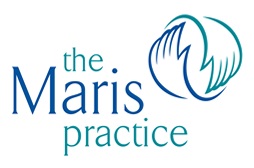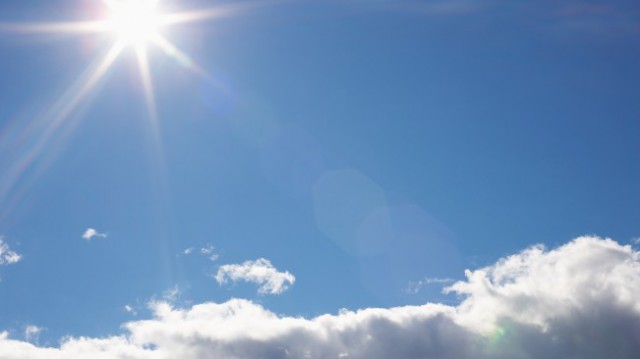Vitamin D is essential in our diet as it helps our bodies to absorb calcium. Calcium is one of the main building blocks of bone. You may already be aware of the link between extreme Vitamin D deficiency and rickets – a condition which causes bones to become soft and weak, often leading to deformities and fractures. Our bones are not the only parts of our bodies that rely on enough Vitamin D though! Vitamin D also plays an important role in our nervous, muscle, and immune systems.
Lack of Vitamin D is linked to muscle weakness, fatigue, and even mental health issues. It can contribute to an impaired immune system, making it more difficult to fight infections.
Vitamin D receptors in our brain help the brain cells receive and understand chemical signals – a lack of Vitamin D is likely to affect the way our brain communicates.
Our body forms vitamin D naturally after exposure to sunlight however too much sun exposure can lead to skin aging and skin cancer, so many people try to get their vitamin D from other sources. However, approximately 90% of Vitamin D comes from sunlight!
If your routine and lifestyle keep you away from sunlight, look out for these symptoms:
- Low mood – The so-called happy hormone (serotonin) decreases with lack of sun exposure.
- Ageing – If you are over 50, you lose some of your natural ability to produce Vitamin D from sun exposure. Your kidneys also become less efficient at converting the vitamin.
- Digestive problems – Vitamin D is fat-soluble so gut problems affecting your ability to absorb fat impacts Vitamin D levels. Something to be aware of if you have IBD, Crohn’s, celiac, or gluten sensitivity.
- Achy bones and joints – Vitamin D deficiency affects bone health which could result in a throbbing or achy feeling in your bones. This is often most noticeable in the knees and back. Associated issues are rickets, osteoporosis, bone pain, and an increased risk of fractures.
- Head sweats – A sweaty scalp could be an early sign of Vitamin D deficiency (this is one reason new-born babies are monitored for head sweats).
Are you at risk of Vitamin D deficiency?
Limited sunlight exposure can put you at risk. If you are housebound for any reason, if you live in a grey climate, or if you cover your skin for work, lifestyle or religious reasons, your skin might not get enough sunlight.
People with darker skin as the pigment in your skin will reduce your ability to make Vitamin D, even if you get plenty of sunlight. Older adults with dark skin are particularly at risk.
Vegan diets have low levels of Vitamin D, as most natural sources are animal based. Pay extra attention to your diet, and eat fortified foods (cereals, soya milk, almond milk, and orange juice) and take a quality Vitamin D supplement.
How can I increase my Vitamin D levels?
Get outside more, take up an outdoors activity. Go for a walk during your lunch break. Enjoy your coffee sitting outdoors (even in winter, just add an extra layer but leave your face and hands exposed!). Borrow a friends dog and take your family out for a weekend.
Fortify your diet with natural sources of Vitamin D. Vitamin D Rich foods include cheese, egg yolks, milk, beef liver, cod liver oil, prawns and mushrooms.
Eat sufficient fat-rich foods (which contain the fat-soluble vitamins A, E, and K and are needed for vitamin D to be metabolised).
Supplements come with a caveat; taking a vitamin D supplement can alter the balance of your vitamins and minerals levels which in turn can cause other issues.
If you think you are at risk, seek advice from a nutrition consultant or ask your Doctor for a blood test to assess your Vitamin D levels.

